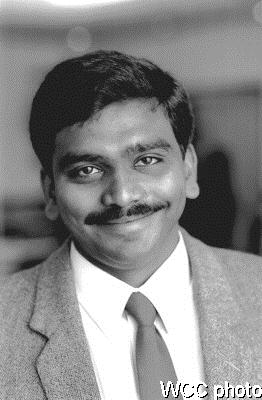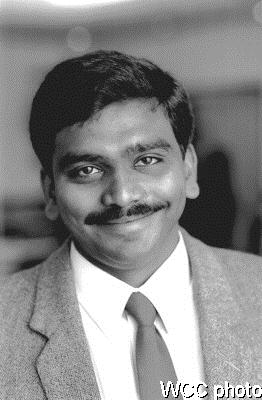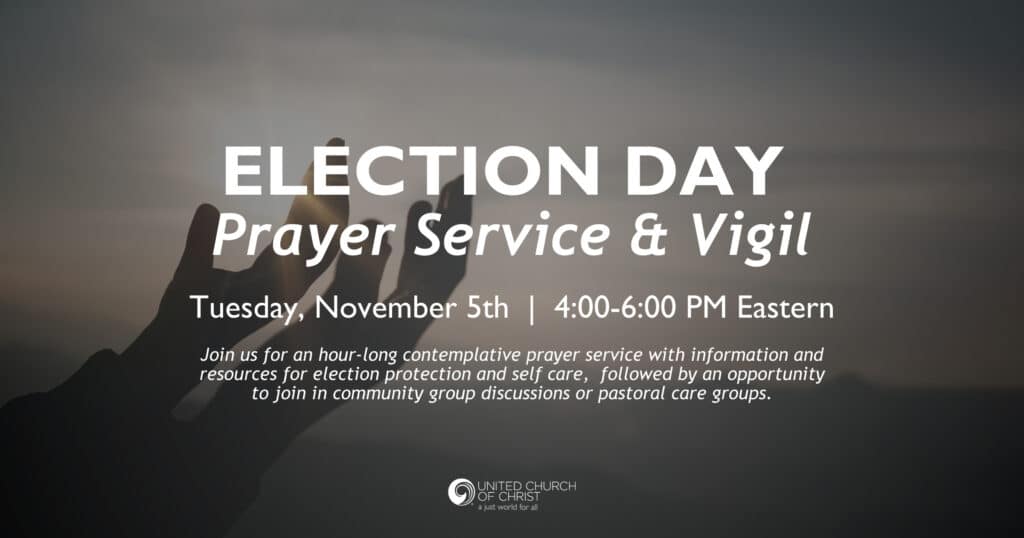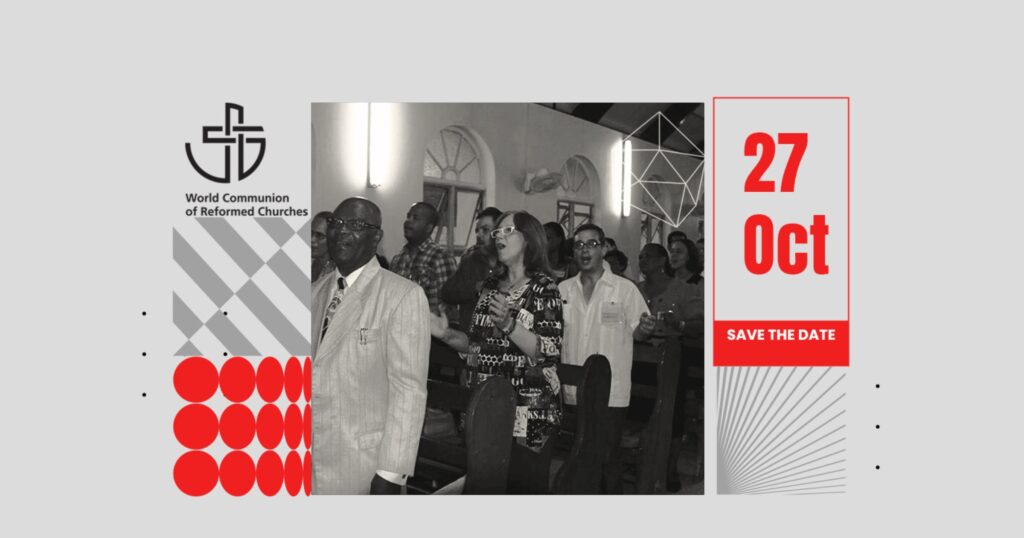Commentary: Is God’s Justice Biased?
 Aravindan, a 20-year-old Dalit man, was beaten and urinated on as he entered his village temple in Karuvanur in Tamil Nadu, India in March this year. Seven men belonging to a dominant caste dragged him for half a kilometre, tied his hands and feet, and beat him up in a toilet. Despite many newspapers reporting the incident, no arrests were made for lack of an eyewitness, a legal requirement strictly followed in India when the poor demand justice. This is not the first time a member of the Dalit community – the outcasts of Indian society – have been brutally punished for asserting their rights, with the vilest forms of humiliation as a deterrent against further assertions. The Dalit, numbering nearly 250 million of the Indian sub-continent, are the worst victims of caste system, which has been widely acknowledged as the largest systemic violation of human rights anywhere in the world.
Aravindan, a 20-year-old Dalit man, was beaten and urinated on as he entered his village temple in Karuvanur in Tamil Nadu, India in March this year. Seven men belonging to a dominant caste dragged him for half a kilometre, tied his hands and feet, and beat him up in a toilet. Despite many newspapers reporting the incident, no arrests were made for lack of an eyewitness, a legal requirement strictly followed in India when the poor demand justice. This is not the first time a member of the Dalit community – the outcasts of Indian society – have been brutally punished for asserting their rights, with the vilest forms of humiliation as a deterrent against further assertions. The Dalit, numbering nearly 250 million of the Indian sub-continent, are the worst victims of caste system, which has been widely acknowledged as the largest systemic violation of human rights anywhere in the world.
Whether through marginalization and exclusion, or denial and deprivation, humiliation stands out as the core experience of this injustice. These acts are a devious way by which victims are subjugated and forced to live with low esteem, while the powerful parade themselves. This abuse is not merely the result of individual actions. It is systemic and deeply embedded in our histories, cultures and policies too. How else do we explain the legacies of conquests and colonization; slave trade, racism, casteism, and sexism; apartheid then and now; torture and many other expressions of the limitless capacity to be cruel?
At its core, this ill-treatment of “others” is based on the premise that some groups of people are less human than those with power and, therefore, can be exploited, expended and exterminated. These social dynamics reveal the aggressor’s flawed positions, as well as many of the systems and public responses associated with their actions, including our cultures of silence, apathy, and justification. They expose the ugly and damaged parts of our civilization, which thrive on the abuse of other human beings. These are cultures of self-validation that survive through warped theories of self-elevation and of denigration of those who are different.
Though justice is a universal aspiration, in contexts where injustice is deeply embedded in structures and cultures, and where human equality is not allowed to be the guiding value, justice is relative and is only accessible to those who are powerful and privileged. Therefore, if ‘justice for all’ is a vision that guides us, it cannot be pursued through political, economic or legal measures alone but must be realized through social transformation where human dignity is upheld as the most important value guiding and shaping all structures of human relationships. This is where churches, in fact all faith communities, have a distinct role to play as a moral agent in defense of the worth and sanctity of all human beings.
God’s justice revealed in Jesus is a biased justice; biased towards those who are pushed to and even beyond the margins. The gospels tell us about Jesus who cared for the last, the lost and least. Jesus restored the dignity of the despised, the abused and the forsaken – the woman who hemorrhaged for 12 years, the person with a disability at the pool in Bethsaida, and many others crushed under the weight of religious, cultural and political establishment of his time.
Scripture requires us to stand in the breach with victims of racism, casteism, patriarchy, discrimination against people with disabilities, religious and ethnic minorities, sexual minorities, people living with HIV/AIDs, child laborers, refugees of war, and the many others who are treated as less than, who remain nameless and faceless, existing only as categories and frequently viewed as liabilities. Social justice, ‘justice to the poor,’ is the most authentic and holistic way of understanding fairness. Affirming the dignity of the marginalized is the first step towards its realization.
Deenabandhu Manchala is Global Ministries Area Executive for Southern Asia.
View this and other columns on the UCC’s Justice for Witness page.
Donate to support Witness for Justice through the Neighbors in Need offering.
Click here to download the bulletin insert.
Related News
UCC to offer Election Day Prayer Service and Vigil
On Election Day, Nov. 5, join the Rev. Karen Georgia A. Thompson together with United Church...
Read MoreGoing beyond the blessing: Churches emulate St. Francis’ care for animals
https://www.youtube.com/watch?v=lu3LYwhLxCo UCC News presents a video news story on the...
Read MoreUCC leaders invite all to global celebration of Reformation Sunday
This Reformation Sunday, leaders from the United Church of Christ will participate in a global...
Read More


